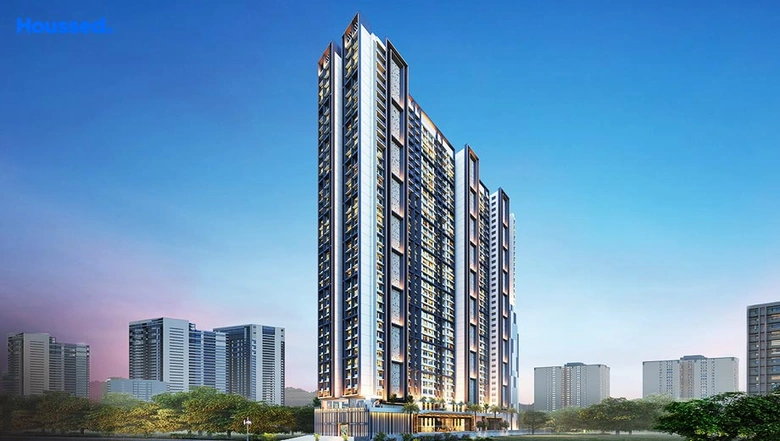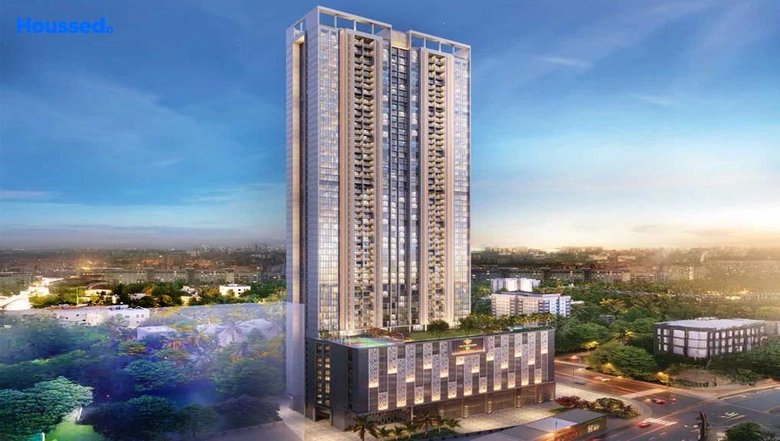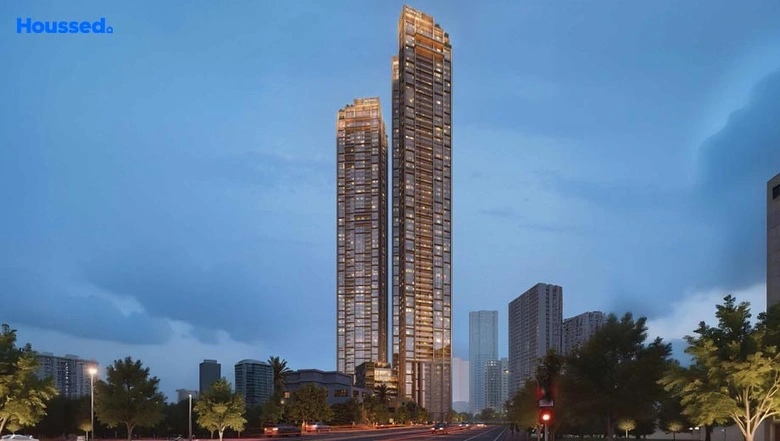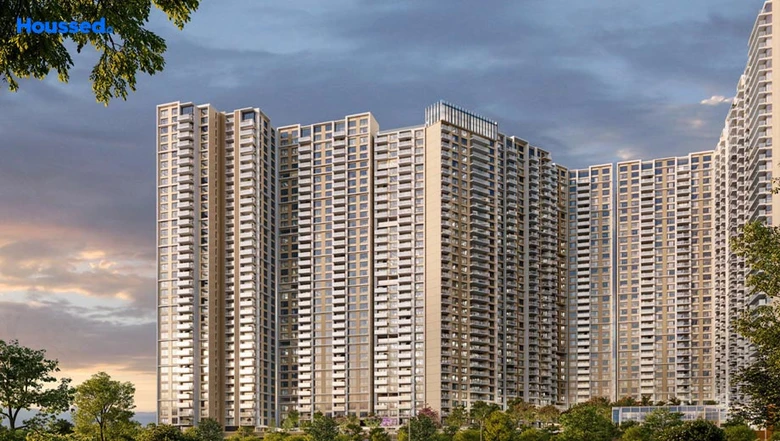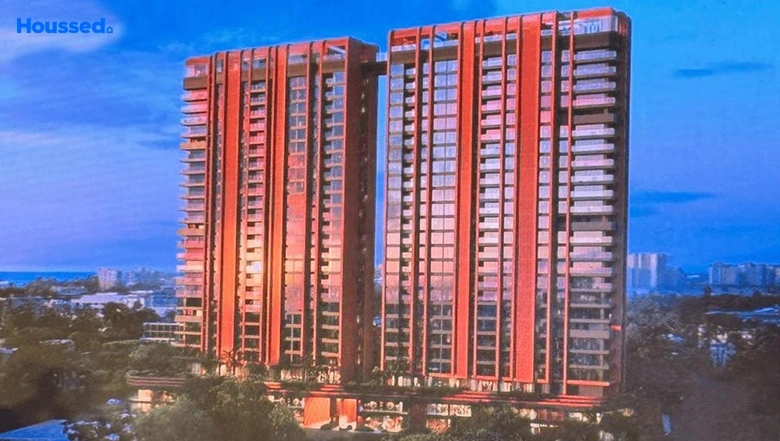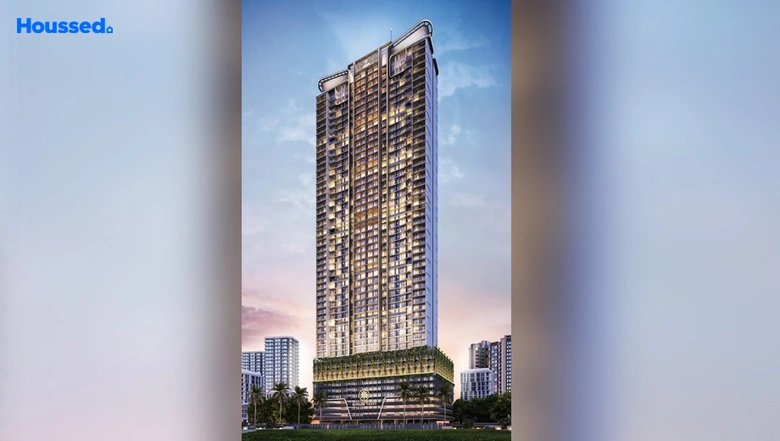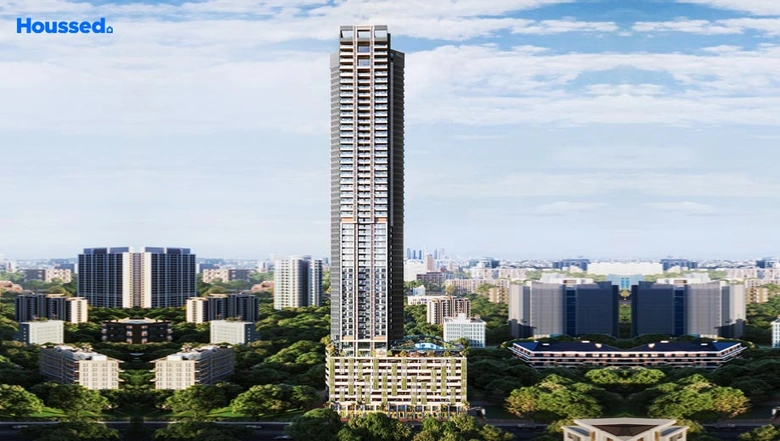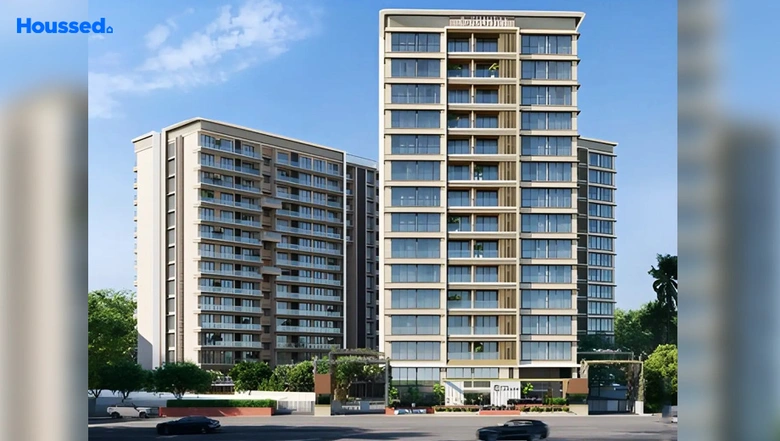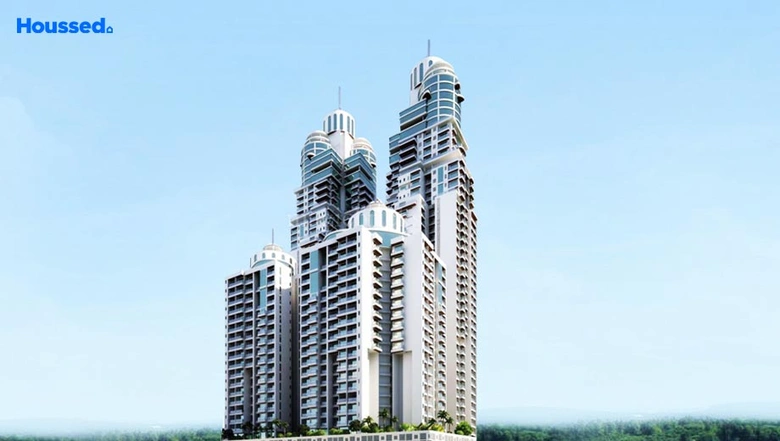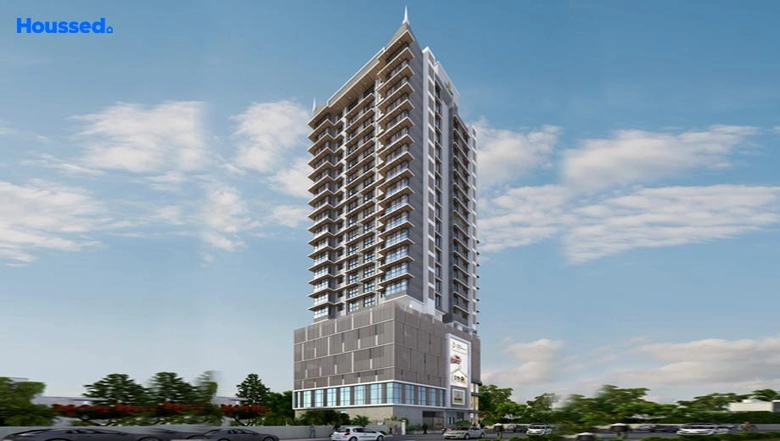Haryana Government to Transform Residential Plots into Commercial Hubs

The Haryana Government is up with a new policy for a vibrant urban landscape.
The Haryana government has given its green signal to an innovative policy that allows the conversion of residential plots into commercial ones within planned urban schemes. The "Haryana Municipal Urban Built-Plan Reform Policy, 2023" marks a huge step in adapting to urban development's evolving needs and demands.
The state cabinet approved this policy, with Chief Minister Manohar Lal Khattar being incharge. After the cabinet meeting, the Chief Minister emphasised the importance of facilitating systematic urban development within planned schemes, including rehabilitation and town planning initiatives.
Over the years, these planned schemes were handed over to municipal authorities for management and maintenance. However, changing circumstances have led plot owners to seek conversions for non-residential purposes, which were not permitted initially. In response to this evolving scenario, a need arose to regulate such conversions by establishing norms and rules, as per the Chief Minister.
The newly approved policy will apply to planned schemes within the core areas of municipal limits, excluding areas developed by specific authorities. This policy is a critical step towards maintaining consistency in urban planning, as parameters like Floor Area Ratio (FAR), ground coverage, plot height, and the building line of the original scheme will be retained.
To initiate the conversion process, property owners must pay fees, including a scrutiny fee, conversion charges, development charges, and a composition fee. An online portal developed by the Urban Local Bodies Department will facilitate the application process. This policy is expected to benefit both property owners and the government.
Property owners will gain the opportunity to convert their residential plots for commercial use, potentially leading to increased economic opportunities. The government, on the other hand, will generate revenue from conversion and development charges. Additionally, the policy aims to regulate commercial activities in planned areas, further contributing to urban planning and development.
Municipalities will play a big role in the implementation of this policy. Property owners of illegal conversions will be given 30 days to rectify the situation or apply for regularisation, with non-compliance possibly leading to legal actions.
In a parallel decision, the cabinet approved a comprehensive policy to regularise constructions and grant permissions for first floors or basements on single-level booths, shops, and service booths allotted by municipalities or Town Improvement Trusts within municipal limits.
